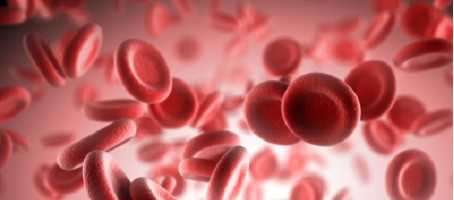Scientists in the USA say they have uncovered a new way to re-start insulin production in patients with type 1 diabetes.
In a study, published online July 31 in the journal Cell Death and Disease, researchers at Sanford-Burnham Medical Research Institute (Sanford-Burnham) report that a peptide called caerulein can convert existing cells in the pancreas into insulin-generating beta cells, which in the bodies of type 1 diabetics’ are mistakenly attacked and destroyed by their immune systems.
“We have found a promising technique for type 1 diabetics to restore the body’s ability to produce insulin. By introducing caerulein to the pancreas we were able to generate new beta cells, potentially freeing patients from daily doses of insulin to manage their blood sugar levels,” Dr. Fred Levine, professor and director of the Sanford Children’s Health Research Center, explains.
For the study, Dr. Levine and colleagues injected diabetic mice with almost no beta cell function with caerulein. They found that the tiny peptide caused existing alpha cells in the pancreas to regenerate into neighbouring pancreatic beta cells.
To test whether caerulein may have the same transforming effect on humans, Levine’s team administered caerulein to pancreatic tissue from patients with type 1 diabetes and found that alpha cells also turned into beta cells, regardless of how young or old the tissue was.
Generating new cells that produce insulin is one of the major areas of research into finding a cure for type 1 diabetes, but because the condition is an autoimmune disease, the problem researchers face is that any new beta cells will still be targeted by the body’s immune system.
In addition to finding a way to combat the autoimmune response present in every patient with type 1 diabetes, Dr. Levine says there is another issue that needs addressing.
“When caerulein is administered to humans it can cause pancreatitis. So our next step is to find out which molecule(s) caerulein is targeting on alpha cells that triggers their transformation into beta cells.
He adds that if this can be achieved, scientists can develop a more targeted drug and eventually begin human clinical trials.
What's new on the forum? ⭐️
Get our free newsletters
Stay up to date with the latest news, research and breakthroughs.









